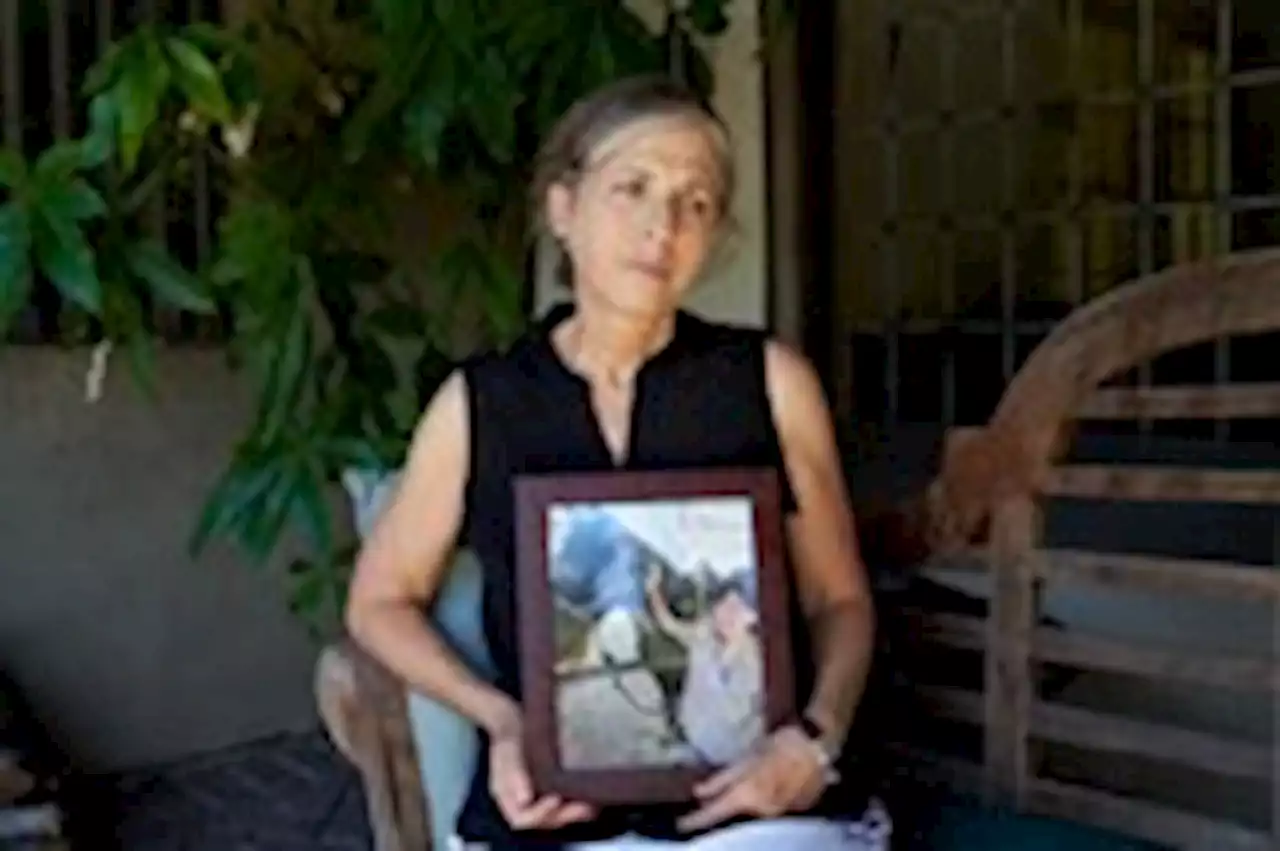The reluctance to talk about suicide has many implications. Stigma also affects everything from how people grieve to how people help prevent it.
“Part of adjusting to the loss of someone is coming up with a story of what happened and why,” she said. “To the extent that you can’t be honest and acknowledge what happened if it’s a death due to suicide, that will complicate, if not impede, your ability to fully and accurately process your loss.”
“Being honest can lead to information and awareness, whereas if we keep it shrouded in this big mystery it doesn’t help,” he added.that Prigerson recently conducted identified avoidance as an impediment to healing from grief.“Not acknowledging how someone died, denying the cause of death, avoiding the reality of what happened is a significant barrier to being able to adjust to what happened and to move forward,” she said.
Stigma, shame and embarrassment are among the reasons grieving family members have traditionally avoided acknowledging suicide in obituaries and death notices. It’s also why, if they do, they may be more likely to address it indirectly, either by describing the death as “sudden and unexpected” or by soliciting donations for mental health programs.Economics can factor in — sometimes people are secretive because of life insurance plans that exclude payouts for suicides.
Even when people can admit the truth to themselves, they might have trouble expressing it to others, said
